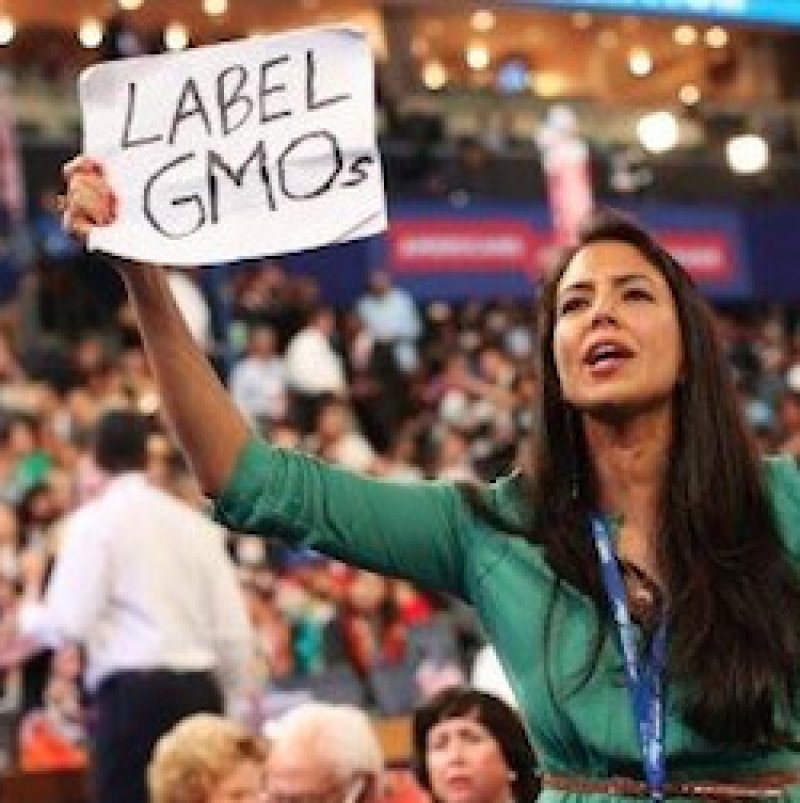Over the past three years, Vani Hari has rapidly become one of the most popular voices on nutrition in mainstream media. She has lived the American dream: monetizing a lifestyle blog and quitting her job to write about what she’s eating and why.
Hari is now working on developing a TV show, and her first book, released yesterday, is bound to lead bestseller lists. The title, a mouthful, leaves little to the imagination: The Food Babe Way: Break Free from the Hidden Toxins in Your Food and Lose Weight, Look Years Younger, and Get Healthy in Just 21 Days!
Kevin Folta, professor and chairman of the department of horticultural sciences at the University of Florida, is among the scientists who, especially in recent months, have devoted substantial energy to discrediting Hari—or at least, reorienting her.
It is the issue of GMOs where Hari’s messages come into clearest conflict with Folta’s work. The lab next to his at the University of Florida, he tells me, for example, has produced a tomato seed that will yield a fruit that is loaded with folic acid—a vitamin that is proven to dramatically reduce the risk of neural tube defects like spina bifida in infants.
In this way, Hari’s anti-GMO messages hit very close to home for Folta.
Hari accuses Folta of conflicts of interest through ties to Monsanto, specifically due to his involvement with a project called GMO Answers. He admits to having industry friends and open lines of communication with biotechnology companies, and he has spoken at Monsanto. He understands the job of the academic scientist to include helping farmers optimize whatever seeds they have “whether they come from Monsanto or Johnny’s Organic Seeds in Vermont”—where he’d also gladly speak. But he denies financial ties.
Wariness of commercial interests and financial conflicts is obviously critical to honest discussion about the future of feeding the planet. But to accuse anyone who defends the use of GMOs of industry corruption, of being a shill for industry, stifles much-needed conversation. It is simply impossible that every scientist who argues for the benefits of genetic modification is sacrificing ethics and academic integrity for a paycheck from a biotech company. But that is the party line among detractors.
Read full, original article: The Food Babe: Enemy of Chemicals































